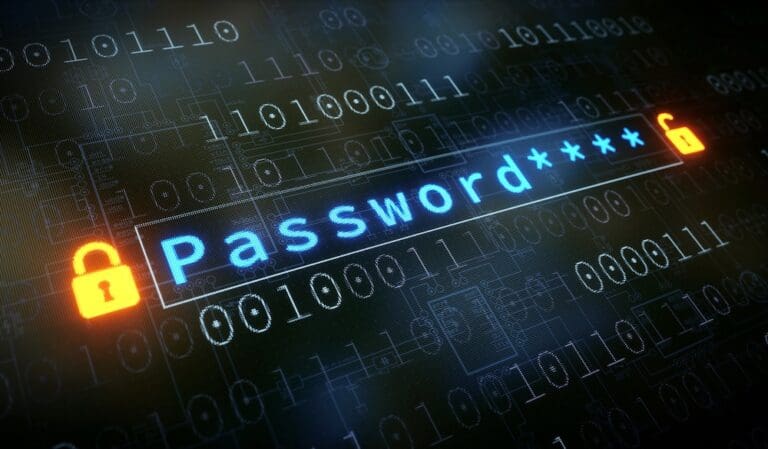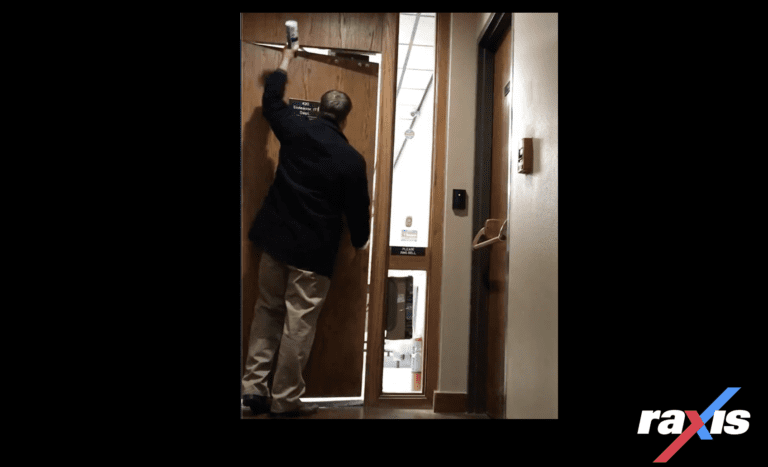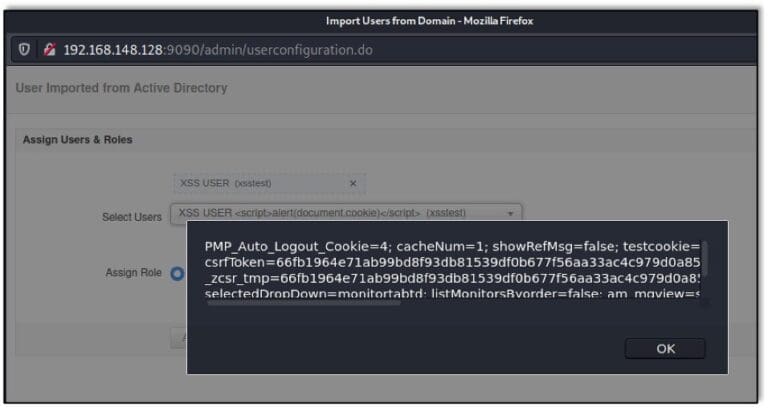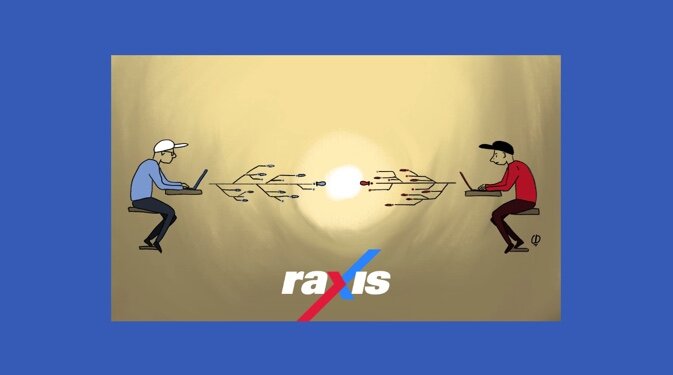Helping Nonprofits and Other Growing Businesses Understand Security Risks
I’m excited that NTEN, the Nonprofit Technology Network with more than 50,000 community members, invited me to be a guest blogger this week.
It’s important that nonprofits avoid the mindset that leaves so many businesses vulnerable. Specifically, I’m talking about the idea that they are too small or have too little money to be of interest to scammers, hackers, and other cyber criminals. The truth is that the bad guys often don’t discriminate, and you may have something they want more than money.
For example, if you keep detailed donor records, that personally identifiable information (PII) might be devastating in the wrong hands. A skilled hacker or social engineer can do a lot with names, email addresses, and phone numbers alone. Add in Social Security numbers or bank account information, and you may be sitting on a gold mine for a malicious actor.
Some of today’s most serious threats are driven by political goals more than financial interests. In many cases, these are well-financed state-sponsored attacks, and your organization may have data that can help them breach a government agency’s security or social engineer their way into a large corporation.
And forget about hackers leaving you alone because of your mission. After my years in the cybersecurity sector, I’m no longer shocked at how low some of these black hats will go. We’ve seen hospitals and health care organizations, charities, churches, schools, and other do-good groups fall prey.
The saddest part is knowing that some of these attacks were successful for the very reasons the organizations thought they would never happen. To a hacker, the idea that you’re too small to notice may mean they see you as an easy target, even if you’re only one step toward their larger goal.
If you’re a nonprofit leader, board member, or even a volunteer, please take a moment to check out the article above. You may find some nuggets that will help you help your organization avoid a breach. And that may be the most important contribution you can make to your favorite cause.






